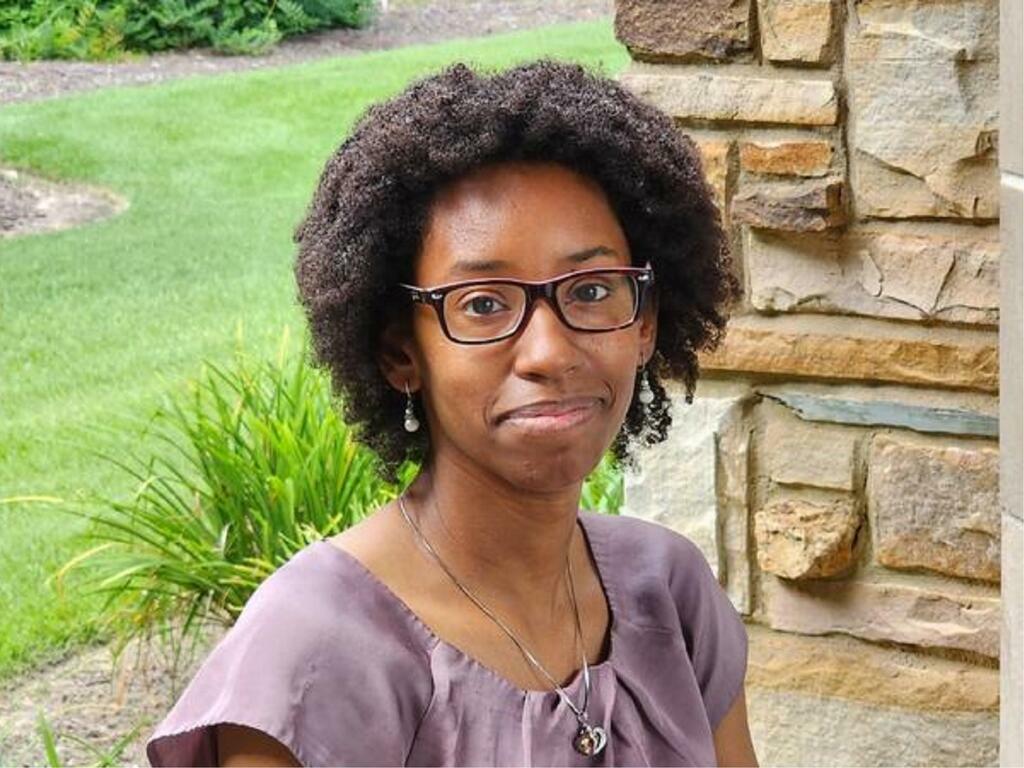Dr. Shana Stoddard, associate professor of chemistry at Rhodes, was nominated and has accepted membership into the interdisciplinary scientific honor society Sigma Xi. Membership is extended to scientists who have demonstrated excellence in scholarship and have shown noteworthy achievements evidenced through scientific publications.
Induction into Sigma Xi, which was founded in 1886, has been a milestone in countless distinguished research science and engineering careers. Albert Einstein was a member, and more than 200 Sigma Xi members have received the Nobel Prize.
Since joining Rhodes in 2017 as a tenure track assistant professor of chemistry, Stoddard has earned early tenure and won five awards from national organizations (see related story). Stoddard has maintained an active research program, in which she has mentored a total of 104 students (96 undergraduates). Her research focuses on understanding the structure of proteins and how they bind to their targets and using that information to improve patient outcomes with autoimmune disorders, cancers, neurological disorders, and coronaviruses. She has published with 57 students, including 50 undergraduates and two high school co-authors.
Through her research program, Stoddard has predicted the structure of kidney proteins, leading to corrections in protein structure in international databases; designed drugs for diseases of cancer and coronaviruses; and developed an imaging protocol to detect osteosarcoma in pediatric patients.
Stoddard also is the founder of the STEM Cohort Mentoring Program at Rhodes, which was designed to support the needs of Black/African American students pursuing majors or careers in STEM. The program boasts a 96 percent graduation rate, and many scholars from the program have gone on to pursue graduate degrees.
“I hope this achievement will both inspire others to pursue excellence in research and encourage everyone that individuals who are from diverse backgrounds, have disabilities, or are underrepresented belong in STEM too,” said Stoddard.
